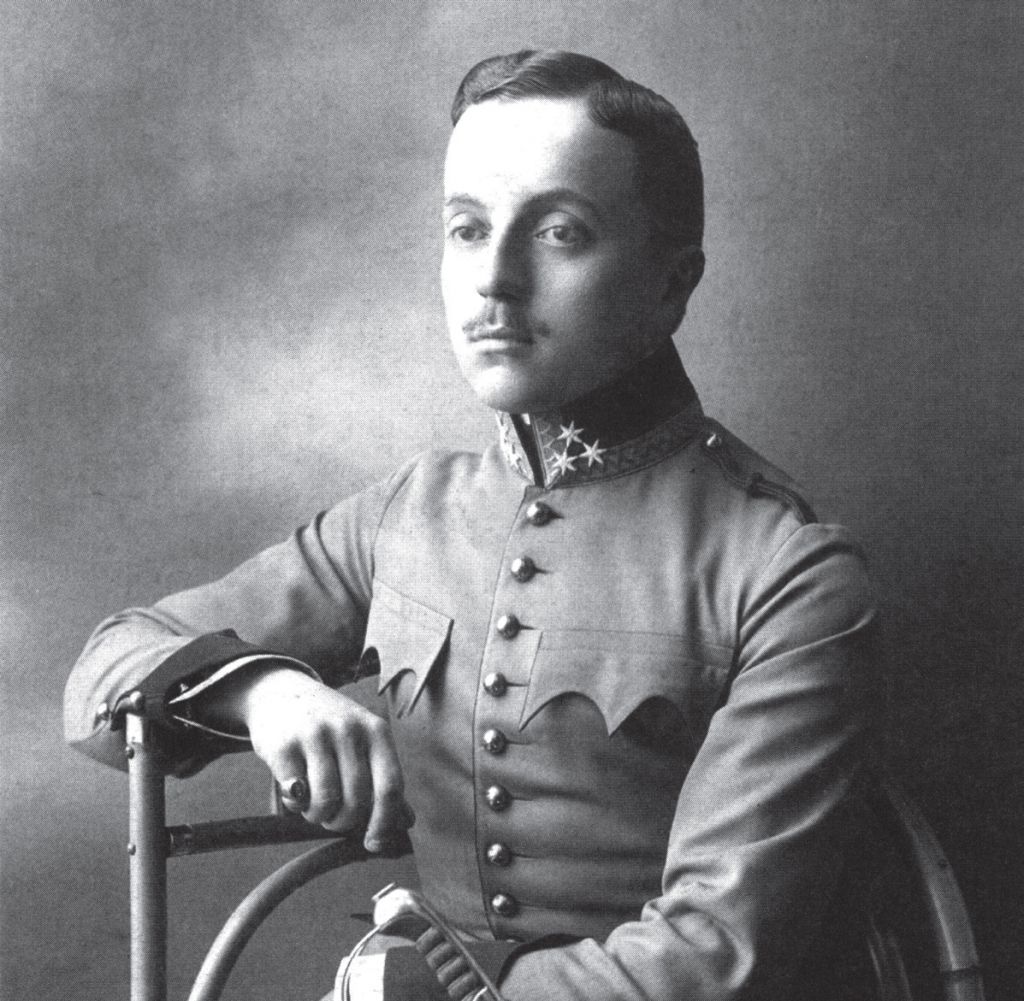Oil City is a simulation board game about the beginnings of the oil industry in Galicia, a part of the Austro-Hungarian Empire. The players take on the roles of genuine historical nineteenth-century magnates – pioneers of the European oil industry – and play as three-person partnerships. They buy fields, hire drillers, develop infrastructure, extract, and sell freight cars carrying natural resources (oil-based kerosene, gas, earth wax). They run their companies in conditions of rapid fluctuations in the prices of resources. They invest in the development of their fields and do business with other partnerships. The company which has the highest score after six rounds is the winner.
Number of players: 9–30
Age: 13+
Game duration: 90–120 minutes
Most important attributes of the game:
- an innovative educational tool: investing, risk management and business practice, learning logical thinking, planning, cooperation, coping with changing prices of natural resources,
- an interesting history lesson: recollection of the pioneering contribution of Poles and Galicia residents in the nineteenth-century Austro-Hungarian Empire to the development of the oil industry,
- visual attractiveness: archive images incorporated into modern graphic design,
- a gripping game,
- adapted to the needs and conditions of working with large groups,
- an excellent integration tool.
Users:
- educators of teenagers or adults,
- participants in classes conducted by educators,
- educational and cultural circles,
- communities associated with industrial heritage, specifically with the oil and gas industry,
- circles interested in innovative economic and historical education.
Game
The players establish three-person partnerships. Each partnership is composed of three different experts. Each player takes one of the following roles of experts associated with the Galician oil business: engineer, landowner, administrator, or merchant.
The game is moderated by two masters of the game – the bankers. The banker can be the person initiating the game or someone appointed by the said person (e.g. a student or guest of the meeting). The bankers provide the players with markers of their buildings and extracted natural resources, as well as cards of their purchased deposit fields and freight cars used to carry the sold goods. The bankers also set the prices of the extracted resources, keep the order of game rounds, and announce when the game is over and who the winners are.
Educational attributes of the game:
- in the storyline
The historical storyline refers to the operations of Galician oil magnates – the pioneers of the European oil industry.
At the start of the game, each player receives a card of a historical figure who was involved in the Galician oil business. By taking on the role of the figure, the player can buy fields, employ people (drillers), invest in extraction infrastructure (wells) and its improvements (pumps, ventilators, Canadian drilling rigs), and invest in processing infrastructure (distilleries, refineries). The objective is to increase the wealth measured in Austro-Hungarian guldens, skilfully administer the resources in their possession – the means of production (labour, capital, land) – and make the oil company as rich as possible.
- in the mechanism
The game’s mechanism allows the players not only to compete on the oil market but also – just like the historical figures – to establish business cooperation (e.g. collective investment in fields or sharing revenue from completed oil transactions). This makes it a simulation, which facilitates the learning of actual economic processes, including ones that are in effect today. During the game, the players can experience the practical aspects of an economy such as investments, risk, revenue, cost and profit.
- in the graphic design
In its design, the game references archive illustrations from late nineteenth-century and early twentieth-century Galicia. The selected historical materials are presented in a modern format, attractive to the contemporary user.


